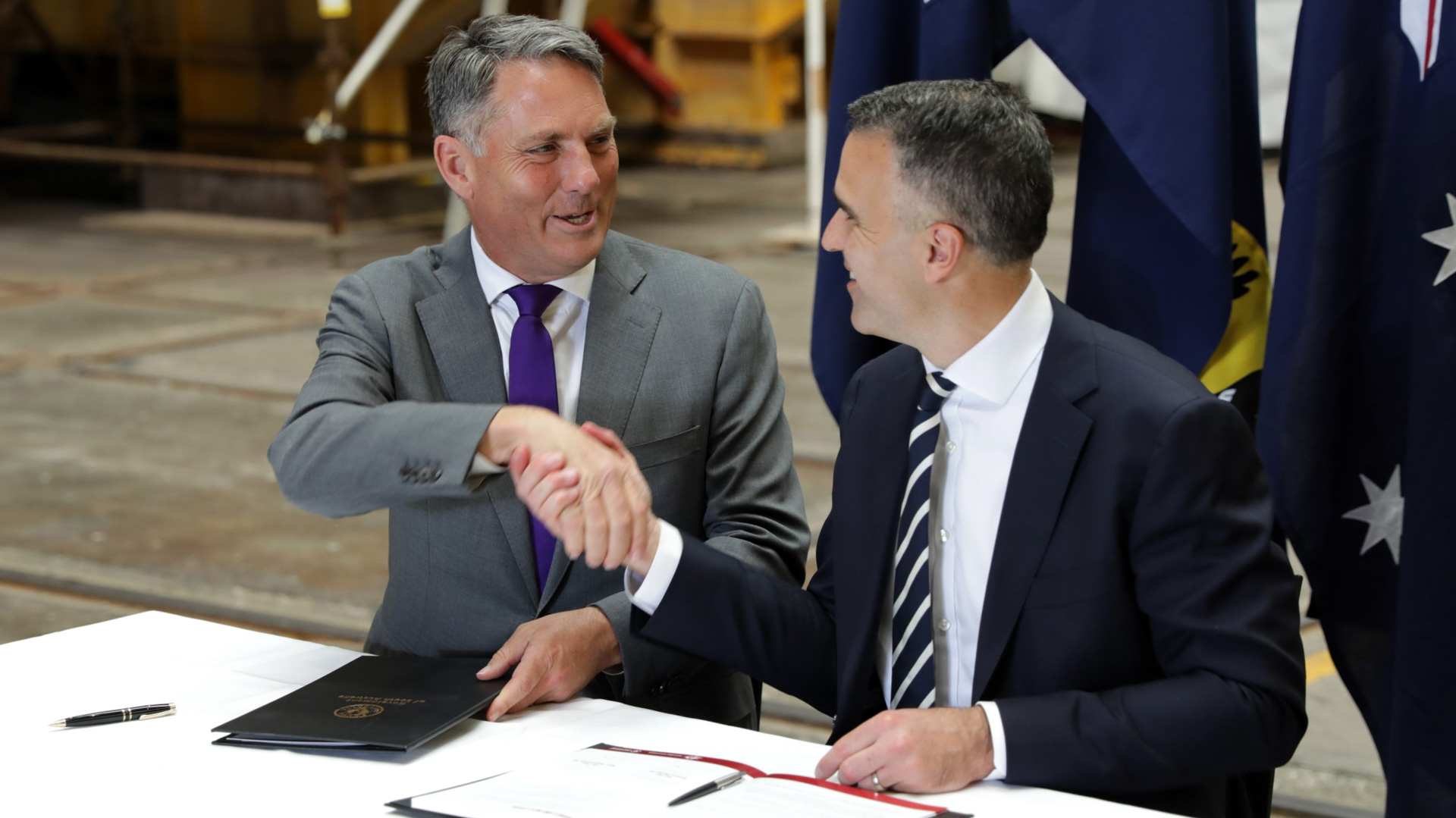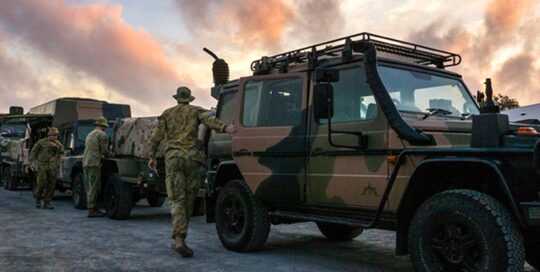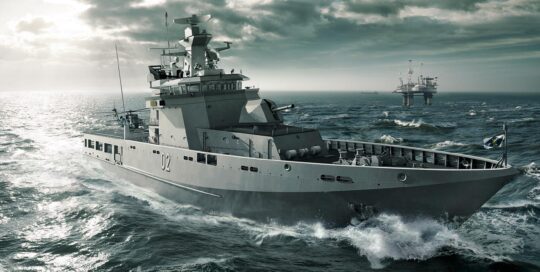The Hon Richard Marles MP
Acting Prime Minister
Minister for Defence
The Hon Peter Malinauskas MP
Premier of South Australia
Australia is a step closer to building conventionally armed, nuclear-powered submarines after the Australian and South Australian Governments reached agreement on a land exchange for the new submarine construction yard.
The submarine construction yard, to be built at Osborne, South Australia, is a major undertaking that will employ up to 4,000 workers at its peak.
Under the agreement, the appointed design and construction partner, Australian Naval Infrastructure, will progressively take ownership of key land parcels for the submarine construction yard at Osborne from December 2023.
Land will also be secured for the Skills and Training Academy that will educate and train Australia’s elite submarine and naval shipbuilding workforce.
The exchange will see the Government of South Australia acquire Defence-owned land at Keswick and Smithfield, as well as part of the Cultana Training Area north of Whyalla.
The Cultana site will be used by the South Australian Government to facilitate hydrogen and renewable energy projects, while the Keswick and Smithfield sites will undergo master planning for proposed urban renewal, including increased housing supply or mixed-use development.
Keswick Barracks is within 4 kilometres of the heart of Adelaide’s CBD, and like Smithfield, has strong connections to public transport, retail, and other community facilities.
At least 15 per cent of dwellings in any future development at Keswick will be reserved for affordable housing, while the Smithfield development will target a minimum of 40 per cent.
Work at the Osborne submarine construction yard will begin this year as the design is developed, before commencing the build of our first SSN-AUKUS submarines in the late 2020s.
A further 4,000-5,500 jobs are expected to be created for the build of the SSN-AUKUS in South Australia when the program reaches its peak.
Thousands of future shipyard workers will be educated at the Skills and Training Academy across shipbuilding-related disciplines. A highly skilled workforce is required to ensure the success of the SSN-AUKUS program and enable Osborne to continue to produce world-leading capabilities in the decades to come.
Leaseback arrangements have been put in place for the Keswick and Smithfield sites to allow Defence services and personnel to gradually relocate to alternative facilities.
Defence will maintain unrestricted access on the balance of the Cultana Training Area to enable critical ADF training exercises and operations can continue.
Quotes attributable to Deputy Prime Minister, the Hon Richard Marles MP:
“This historic agreement is a significant milestone in transforming Osborne into one of the most advanced technical hubs in the world.
“Osborne is key to Australia’s nuclear-powered submarine enterprise and I congratulate and thank South Australia for being such a great partner as we continue to work together to deliver the necessary infrastructure and skills.
“The future Skills and Training Academy at Osborne will provide Australian workers with the advanced skills and training required to deliver a world-leading future submarine capability.”
Quotes attributable to the Premier of South Australia, Peter Malinauskas MP:
“This is a landmark agreement between two levels of Government, working in close co-operation.
“This is about much more than an exchange of land. This agreement helps unlock thousands of high quality, high paying jobs – in industries from shipbuilding to hydrogen, from Osborne to the Upper Spencer Gulf, and right across our economy.
“It will also help us deliver thousands of new, well-located homes for thousands of South Australians.
“Nuclear submarines are the most complex machines on the planet and delivering them will require us to deliver the workforce.
“For that reason – we’ll be working closely with the Commonwealth to design the Skills and Training Academy.”









